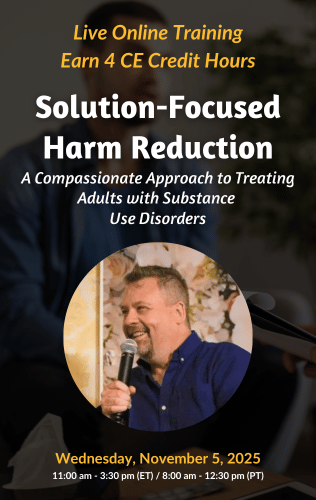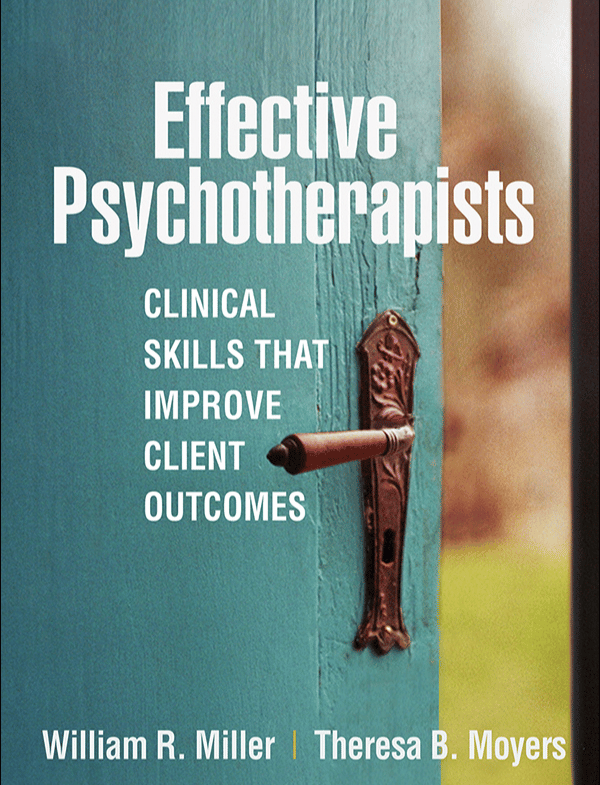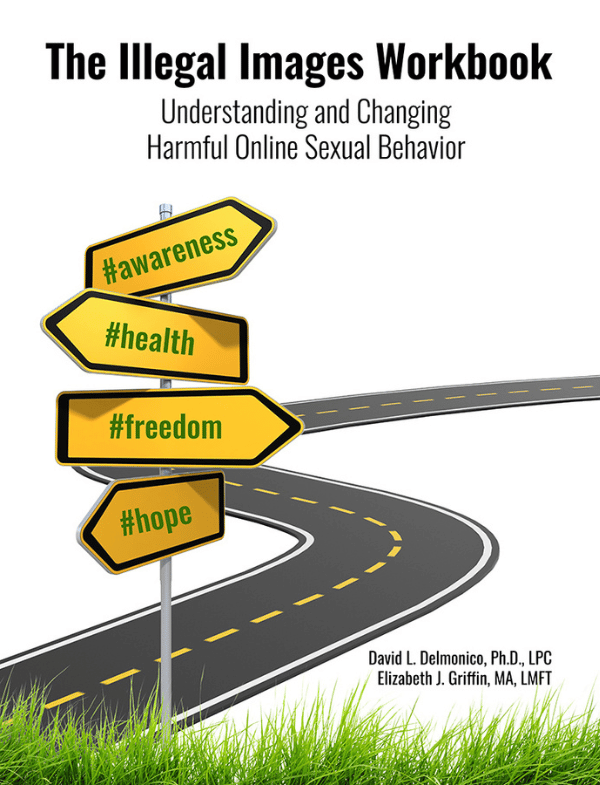Home / Shop / Online Trainings / Trainings
Live Online Training - Solution-Focused Harm Reduction: A Compassionate Approach to Treating Adults with Substance Use Disorders

- Description
Date: November 5, 2025
Time: 11:00 am – 3:30 pm ET / 8:00 am – 12:30 pm PT
Format: Live interactive training offered via Zoom
Presented by: Séan Foy, D.Clin Psych, M.A, B.Sc, Dip.,Reg Psychol PsSi,ACI, IACP (See Bio)
You must attend the entire live training and complete an evaluation to be eligible for CE credits. If you seek only psychology credits, the evaluation is optional, and you can remain anonymous.
Online Training Description:

Solution-Focused Therapy (SFT) offers a practical framework for supporting clients, including those navigating substance use concerns. By emphasizing clients’ strengths, preferred futures, and concrete goals—rather than dwelling exclusively on problems—SFT has been widely valued for its efficiency and collaborative spirit.
Similarly, harm reduction approaches recognize that focusing solely on abstinence tends to limit engagement and overlooks the diverse realities of people’s lives. Instead, harm reduction approaches work to reduce risk and improve wellbeing by:
- addressing the wider context of harmful behavior,
- decreasing the stigma associated with various conditions, such as addiction,
- increasing education on safer substance use and violence prevention,
- supporting informed choices such as protected sex, and
- fostering access to health and social services or support groups.
Solution-Focused Harm Reduction (SFHR) brings the two approaches together. By blending harm reduction’s pragmatic and nonjudgemental stance with SFT’s strengths-based, goal-orientated methods, SFHR offers a compassionate approach to supporting people with problematic behaviors, such as substance use disorders.
Dr. Séan Foy developed this training to introduce participants to SFHR as a practical approach to working with people who use substances or display other high-risk behaviors. He explains the many synergies between solution-focused therapy and harm reduction, and describes how the two approaches are complementary and, when used in conjunction, create a novel way of approaching addiction work.
During the training, Dr. Foy demonstrates how to build respectful, collaborative relationships that focus on what’s working, what’s possible, and what clients want for themselves—regardless of whether abstinence is the goal. Through case examples, group discussion, and hands-on exercises, this workshop provides helping professionals with the tools to engage meaningfully with clients, even those mired in complex or chaotic situations.
Learning Objectives
As a result of this training, attendees will be better able to:
1) Define the key principles of Solution-Focused Harm Reduction and how they contrast with the principles of traditional models of substance use treatment.
2) Summarize the role of language, listening, and curiosity in building respectful, change-oriented conversations with clients.
3) Apply solution-focused techniques such as scaling questions, exception finding, and goal setting within a harm reduction context.
4) Identify ways to support client autonomy while maintaining safety, boundaries, and realistic service expectations.
5) Give examples of common challenges (e.g., ambivalence, risk, systemic barriers) and generate collaborative, client-led strategies for moving forward.
Interactive Follow-Up Meeting
Attendees are invited to join an open discussion 15 minutes following the end of the training, where you can engage with fellow attendees by turning on your camera and microphone. This is an opportunity to share your experiences and contribute to a meaningful exchange of ideas. Time will be allocated to address questions or insights from the training. Please note that attendance is optional and will not affect your eligibility for a training certificate.
We can refund your training fee up to 24 hours prior to the start of the training.
To view all training details and review our list of frequently asked questions, please click here to visit the promotional page.




